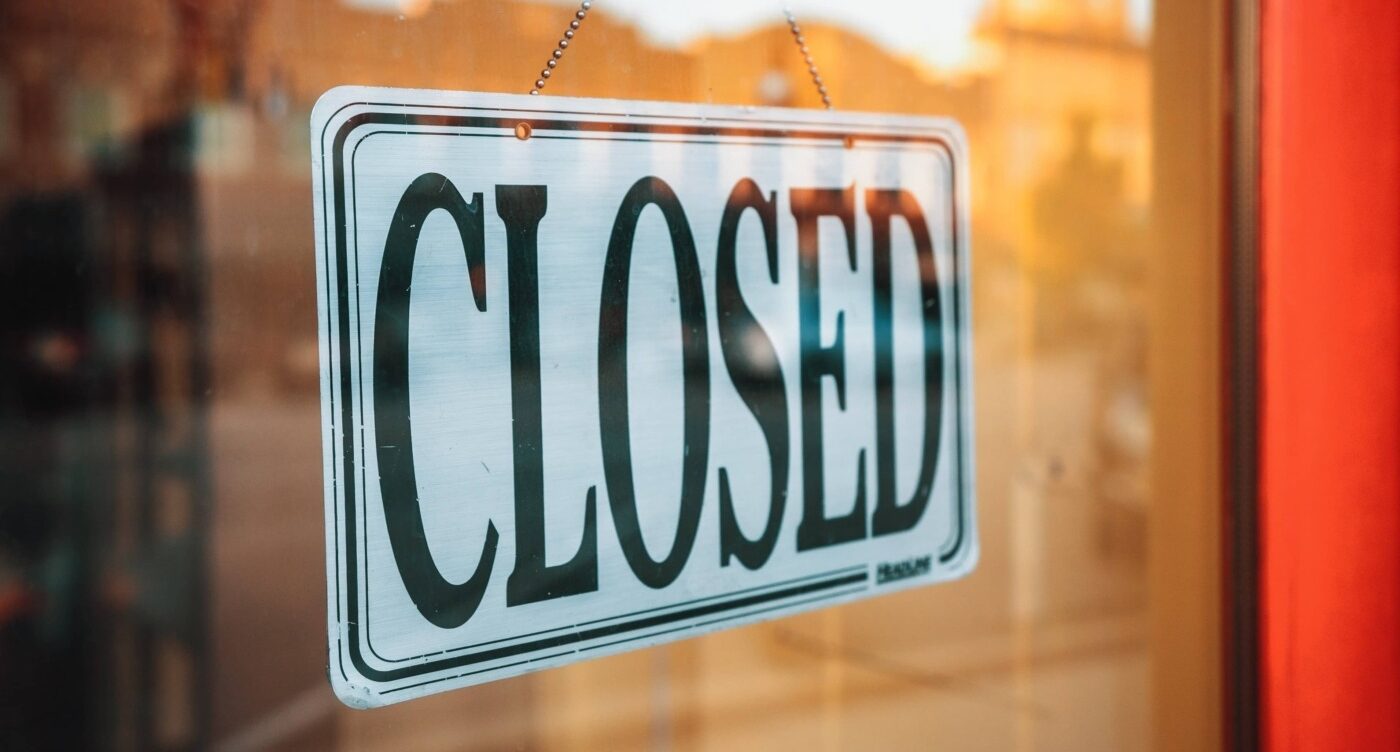Wales is dangerously mistaken to class books as non-essential
Coronavirus has been greeted with a mood of inevitability this autumn. Talk of a second wave of cases was rife long before they actually arrived from this September onwards. 2020 will always be viewed as one of the worst years in human history, such was the opportunity cost to live, work, educate others and meet new people for huge chunks of the year. That large indoor gatherings don’t look set to resume for a considerable period of time demonstrates the horrors of Covid.
Wales have taken a significant, radical step in trying to contain new cases of the virus. Deeming their plan a ‘circuit breaker’, all non-essential shops and places of hospitality have been closed for at least a fortnight. Supermarkets, like in the first wave of the pandemic, were allowed to remain open.
No announcement from the Welsh Government was made to justify why books were deemed non-essential
However, a debate involving the pandemic has ended up erupting because of semantics. Specifically, it is difficult to determine what is deemed essential. Something essential for me may not be required by you, and vice versa. However, an item that should be essential for every single human being is a book.
The power of social media has revealed this not to be the case. No announcement from the Welsh Government was made to justify why books were deemed non-essential. Instead, it was left to social media to show pictures and videos of books being banned from purchase. The government were deciding what people were or weren’t allowed to read. In this case, nothing. It is no exaggeration to say, in normal circumstances, that is what one would expect from a dictatorship.
Standard booksellers are hardly the biggest fans of supermarkets. This is likely to stem back to the abolition of the Net Book Agreement. Previously, in the 1990s, this required all books to be sold at the same price, whatever the shop. When the agreement was removed, supermarkets would often undercut bookshops, selling their products at half the price. There is little love lost between supermarkets and those in the publishing industry.
In an age where the truth has never been more questioned, books provide a space for hearing opinions backed up by evidence and facts
All of us who believe in a liberal, free democracy should be fans of literary freedom. This allows people to have the freedom to read whatever book they wish – no ifs, no buts. Blocking books off clearly prevents them from doing this. It is a form of censorship. Books are deemed non-essential and so people cannot access them. The genre is also irrelevant: I may not be the hugest fan of celebrity biographies or low culture fiction, but that’s not my judgement to make.
Everyone should be allowed to choose whatever book they wish. Why? Because otherwise a precedence is set which justifies removing books from sale. Today it could be because of the coronavirus, tomorrow because the government disagrees with the message. This is precisely what happened in 1950s America. Fear of a communist red scare led to numerous left-wing Americans being censored from culture for fear they might sympathise with the Soviet Union. Named after its most famous senator, McCarthyism is a dangerous road to go down.
Educationally, the removal of books suggests they are an irrelevant form of accessing information. This view couldn’t be more wrong. In an age where the truth has never been more questioned, books provide a space for hearing opinions backed up by evidence and facts. It’s easy to get away with spreading a lie with a tweet. With a book – tens of thousands of words, numerous libel lawyers – that is far harder.
It is with relief that I think individuals will continue to purchase books. Christmas is pleasingly around the corner with literary treasures often making a popular choice of gift. However, with Welsh supermarkets banned from providing anything and ‘non-essential’ book shops shut, shoppers will have little option but to purchase their books from Amazon. Does Jeff Bezos and the company need the extra money? I think not.
In an ideal world, all books would be purchased either from Waterstones, an independent bookshop or a charity shop. However, as this year has demonstrated, we are far from that world. Supermarkets provide a good second option for many at a far more reasonable price. Whichever way you look at it, the Welsh Government’s decision is economically, culturally and socially wrong. The right to any book, regardless of content, must be defended. New ideas cannot be explored, challenged and disputed if people are banned from purchasing them. The right to read must never be removed.

Comments